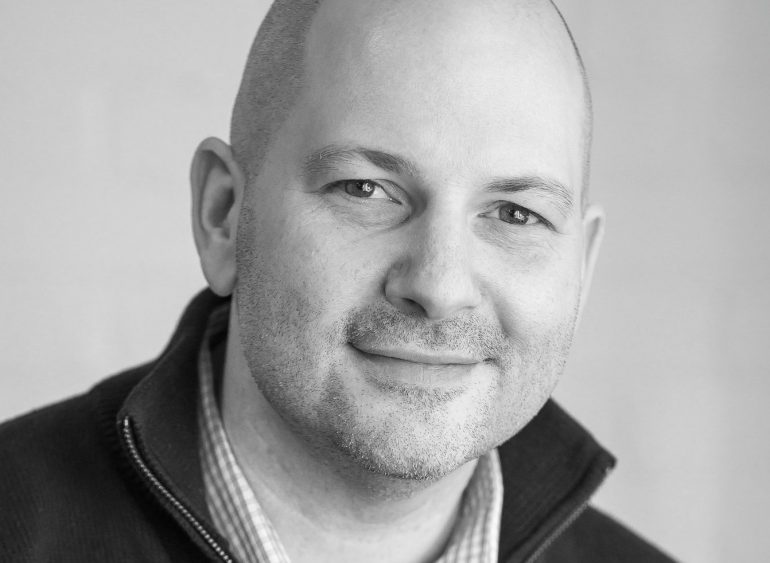Canada’s tech ecosystem might be under the spotlight with the rise of scaling companies and a budding AI sector, but this spotlight will not last if the country doesn’t do more to maintain it, according to Ben Zifkin, the founder and CEO of Hubba.
In a recent Twitter thread, Zifkin shared his concerns about what is keeping Canada, and in particular Toronto, from becoming “the best tech hub in the world.”
Zifkin says that while Canada’s tech sector has great potential, the country’s potential alone cannot take its position as a global tech hub to the next level.
“We have built a great name for ourselves because of our potential. We have scaling companies that can make it big. We are at the epicenter of AI, the theme of the day. We have programs, a community, and government that can differentiate us from other places,” said Zifkin. “These are all important. This type of potential is what makes people pay attention. This is critical. It makes it easier to recruit people here, easier to access capital, and we are less likely to be seen ‘just a Canadian company.’ But potential alone does not sustain this.”
According to Zifkin, there is only one way to strengthen Canada’s position as a major tech hub: “the emergence of many multi-billion global tech companies in Toronto.”
“The pace and quality of Series A companies seems to have slowed. This is troubling.”
Zifkin’s own company, Hubba, has raised several rounds of funding, including a $3.1 million seed round in 2014, an $11 million Series A in October 2015, and a Series B led by Goldman Sachs in December 2016. In a Venture for Canada’s Scale-Up Speaker Series, Zifkin said he aspires to make Hubba “way bigger” than a billion-dollar company.
On Canada’s scaling problem
In his Twitter thread, Zifkin said his first concern is that Toronto can’t establish these global tech companies. While the city has many companies with great potential, they are not progressing through the stages of growth as fast as they should. Even though some companies are heads-down building for the next phase of growth, Zifkin believes the next wave of companies need to work harder to scale.
“We have some of the larger post-series B growing companies going through their ‘messy middle.’ A couple will come out strong. Some have already been acquired. Some will simply plateau. And some, as we have seen, won’t come out of it at all,” said Zifkin. “The pace and quality of Series A companies seems to have slowed. This is troubling. I think it is because some early-stage companies simply didn’t aim high enough to build larger companies in big enough markets.”
While Zifkin is concerned that Series A and post-Series B companies aren’t growing fast enough, what’s even more concerning is that many high potential companies have become comfortable at remaining “good early-stage companies” and not moving out of the startup phase.
“This complacency holds them back from progressing from their current phase. They would rather be good startups than blow their business out to something bigger,” said Zifkin.
Canada’s reliance on AI
Zifkin’s second concern is that Canada has been relying on “riding the AI wave.” This is not surprising as the country has been making strides to sell its tech ecosystem by highlighting the AI sector. Minister Navdeep Bains recently travelled to Silicon Valley, where he spoke about how AI and data analytics are at the core of Canada’s supercluster program. Companies like Element AI, which recently launched a $57 million AI fund and opened a UK office focused on building ethical AI, contribute to the narrative that Canada is leading in AI. In turn, global tech giants like Samsung are trying to grab that talent as quickly as possible.
“We should absolutely take advantage of being perceived as a market leader. AI is a foundational technology and not a flash in the pan…but all technologies have cycles,” said Zifkin. “Our head start is already starting to wane. Places like China can and are already spending their way into leadership. If we want to remain ahead, we have to actually apply what we do here and demonstrate to the world how to benefit from all the R&D work here.”
“We are at the point where we have to stop just saying what we are going to do and just do it. Build great companies, capitalize on market strengths like AI and, follow through on building the right community.”
In addition to the scaling problem and reliance on AI, Zifkin’s says he’s also concerned about community infrastructure. He believes that what will separate Canada from the rest of the world is actually doing the things that the country says it will do, such as developing better mentorship programs and networking opportunities.
“The growth of mentor programs, networking events, D&I programs, and other programs is staggering. This is healthy and so much better than it was 5 years ago. It can make us tighter and better,” said Zifkin. “But to be better, we actually have to do it and not just say we are doing it. It is easy to pledge, declare, tell the world of the amazing things we believe in and want to do. It is much harder to do them.”
Zifkin says his final concern is the Canadian government not moving in the right direction to help Canad’s tech ecosystem sustain its standing in the world.
“In Toronto, we benefit tremendously from being different and not having to deal with what other tech communities have to deal with. We have three levels of government who, to varying degrees, listen and promote us,” said Zifkin. “It is easy, however, for government to do this when we are a popular industry. We have yet to see what happens if this is no longer the case… After several years of government generally taking the right steps, the next few will be critical.”


